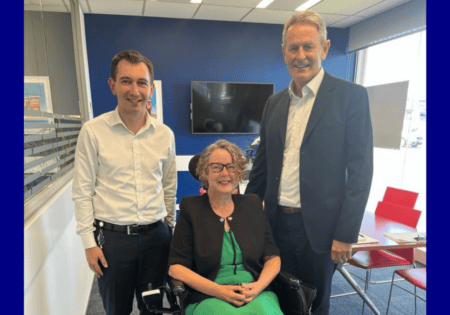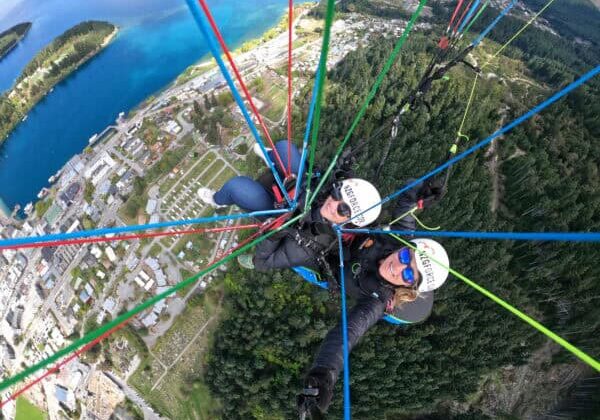Call for data collection: Newshub interview with Paul
Personal Stories, Research
19 April 2024

Ally Barton, once an active hiker and gym goer, was diagnosed with MND at just 34, one of the youngest with the condition in New Zealand. Newshub recently interviewed husband Paul – who is calling for better data collection by making MND a “notifiable disease” – at the monthly MND Support Group in Christchurch.
Thank you, Paul and Ally, for shining a light on MND and the importance of collecting data in the pursuit to understand and treat the disease 💙
Read more about Paul's petition and watch the news segment, here: www.newshub.co.nz/home/new-zealand/2024/04/christchurch-man-petitions-for-motor-neurone-disease-to-be-notifiable-after-wife-s-diagnosis.
MND NZ believes the collection of comprehensive data is vital for improving the understanding of MND, including possible causes and disease progression, and connecting people with MND with local and international research opportunities.
International research shows that investigating the causes of MND is challenging, due to the relatively small number of people with MND at any one time and the many factors that may have an influence. Large patient numbers are needed for consideration of causality.
To better understand MND in NZ, and to connect people with MND to research opportunities such as clinical trials, MND NZ, in partnership with Auckland District Health Board's consultant neurologist and neurogenetic researcher, Dr Richard Roxburgh, launched the New Zealand Motor Neurone Disease Registry. MND NZ is pleased to have funded this Registry for seven years.
The Registry, now operating out of University of Otago, aims to comprehensively collect data on individuals diagnosed with MND across the country. The Registry is currently undergoing review, to determine the overall kaupapa and ways in which we can do better at reaching all people with MND, so that we can facilitate all kinds of MND research in Aotearoa New Zealand.
Internationally, patient registries have provided important research findings, and data can be combined across different registries around the world.
Since its inception in 2017, the Registry supported studies ranging from investigating potential genetic factors influencing MND susceptibility, to assessing the effectiveness of various therapies in managing symptoms and slowing disease progression.
The Registry has been credited as one of the key mechanisms that enabled New Zealanders living with MND to participate in an international clinical trial of a new treatment for MND which works against endogenous retroviruses, and it is critical to securing future research opportunities.
We continue to encourage conversations with researchers on further data collection within the patient registry, and combination with other MND patient registries overseas, to support further research on causes and therapies for MND.


